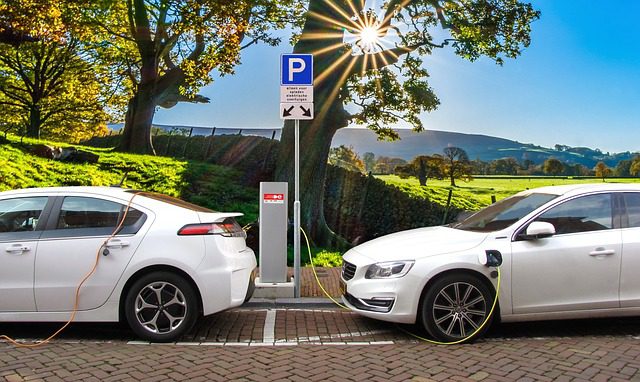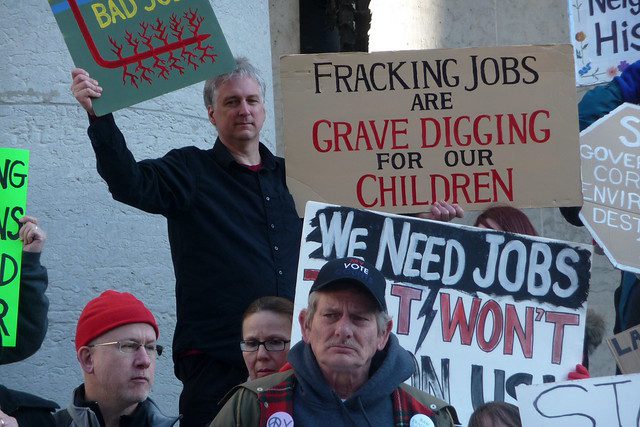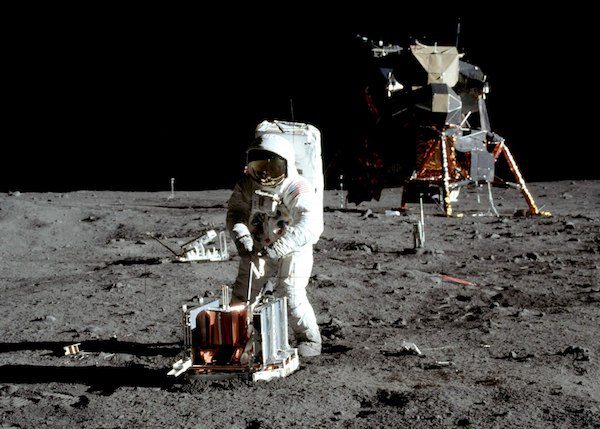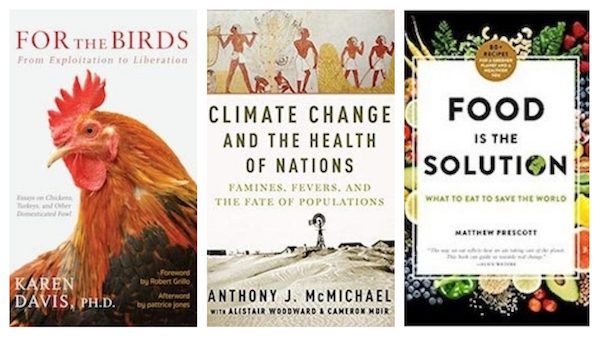


Natural Resources Defense Council: There’s one big way Congress can help speed up action on clean energy and climate change: tax credits. But many are outdated, expired or set to expire soon, including in four key green technology areas needed to meet U.S. climate goals: electric vehicles, offshore wind, electric grid scale storage and building efficiency. By extending or modifying critical tax credits for clean energy and energy efficiency investments, the federal government can provide billions of dollars in tax incentives that will help solve the climate crisis.
>>>Tell your representative to extend vital tax credits needed to help meet the nation’s clean energy and climate goals.
Lady Freethinker: During South Korea’s horrifying Bok Nal “Dog Eating Days,” millions of dogs are hanged, savagely beaten and burned alive before being cooked and consumed by people. Unbelievably, patrons of this cruel event believe that torture makes the dog flesh taste better. China may be more known for its annual dog meat festival, but South Korea is the only country in the world with large-scale, commercial dog meat farms. The animals live in disease and filth before being tortured and killed. South Korean President Moon Jae-In has compassion for animals and has even adopted a dog rescued from the meat trade. Also, activists throughout the country are calling for an end to dog and cat meat, and most South Koreans do not eat dog meat, and want the cruelty to end.
>>>Urge South Korean Ambassador Joe Yoon Je and President Moon to institute a national ban on dog and cat meat.
Force Change: In the wake of a sudden invasion of non-native iguanas, Florida residents are being urged to kill the lizards on sight whenever possible. Homeowners do not need a permit to do so, and the species is not protected under any federal laws beyond general animal cruelty legislation. The concern is warranted, as iguanas are a non-native species who carry dangerous salmonella bacteria and dig tunnels that compromise the structure of homes and pavement. However, they are a non-aggressive species; they do not attack humans or harm animals larger than themselves. Furthermore, they are living creatures, and giving people permission to kill them on sight is cruel when there are more humane ways of dealing with them, such as capturing them and releasing them into the wild in their native territories.
>>>Urge Florida Governor Ron DeSantis to advocate humane, non-lethal methods of reducing the iguana population.
Cause for concern…

- Babies born near oil and gas wells are 40 to 70 percent more likely to have congenital heart defects (Julia Conley, Common Dreams)
- Trump threatens veto on defense bill that targets toxic, cancer-linked “forever chemicals” (Rebecca Beitsch and Miranda Green, The Hill)
- Climate change is devastating Central America, driving migrants to the U.S. border (Georgina Gustin, InsideClimate News, and Mariana Henninger, NBC News)
- California’s wildfires are 500 percent larger due to climate change (Robinson Meyer, The Atlantic)
- Amazon employees protest company’s labor conditions and environmental impact (Justine Calma, Grist)
Round of applause…

- Picturing sustainable space travel, 50 years after Apollo 11 (Ellen R. Delisio, Triple Pundit)
- Tommie’s Law is now in effect, making animal cruelty a felony in Virginia (Carly Day, Lady Freethinker)
- It’s time to re-evaluate our relationship with animals (Lesli Bisgould, TEDx via There’s an Elephant in the Room)
- Asian countries take a stand against the rich world’s plastic waste (Shashank Bengali, Los Angeles Times)
- This Bronx-born hot sauce company gives back to local urban farmers (Matt Coneybeare, Viewing NYC)
What we’re reading…

- For the Birds: From Exploitation to Liberation, (Karen Davis, Lantern Books, 2019)
- Climate Change and the Health of Nations: Famines, Fevers, and the Fate of Populations (Anthony J. McMichael, Oxford University Press, 2019)
- Food Is the Solution: What to Eat to Save the World (Matthew Prescott, Flatiron Books, 2018)
Parting thought…
“The good man is the friend of all living things.” — Mahatma Gandhi